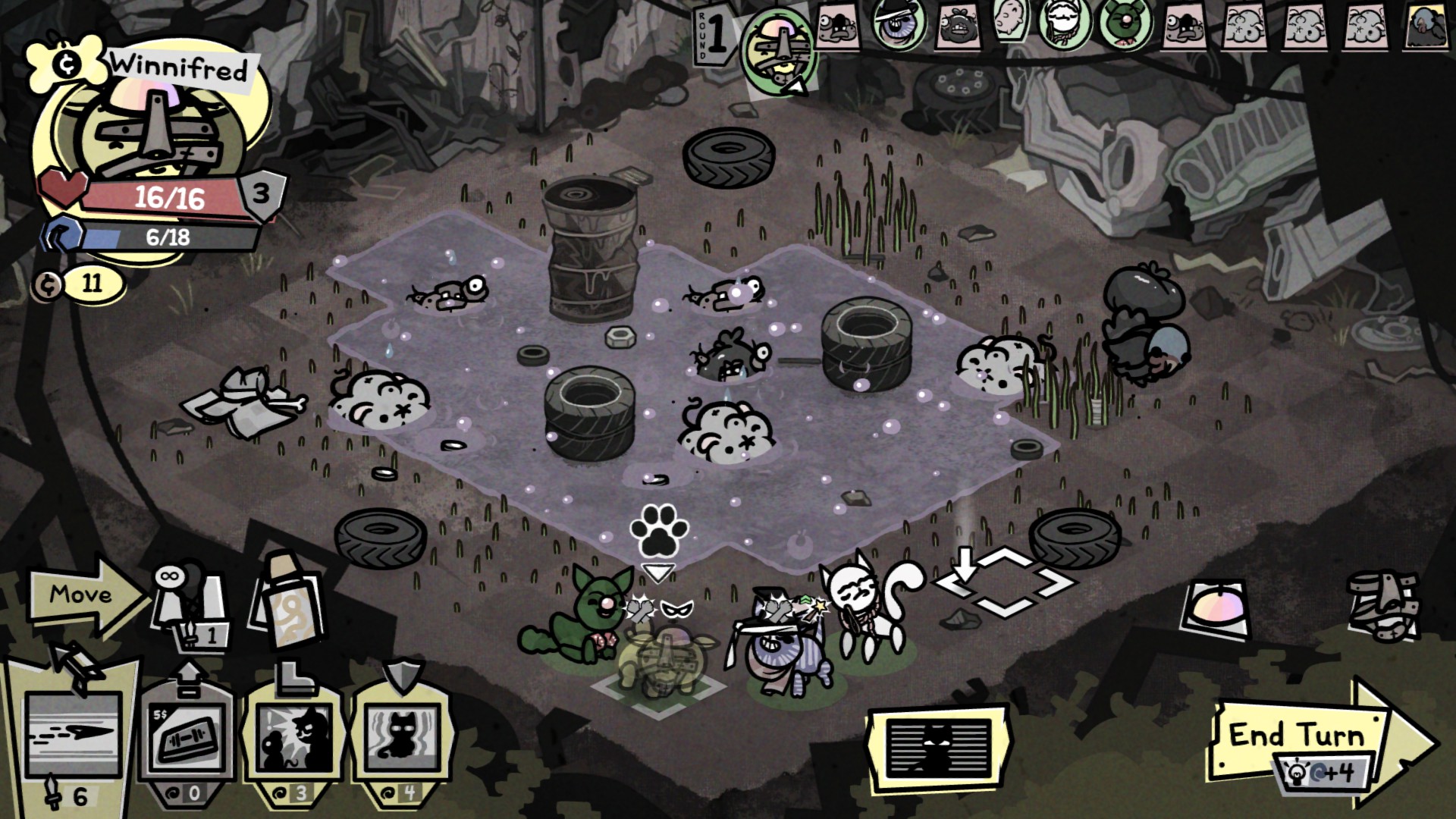
Keep up to date with the most important stories and the best deals, as picked by the PC Gamer team.
You are now subscribed
Your newsletter sign-up was successful
Want to add more newsletters?

Every Friday
GamesRadar+
Your weekly update on everything you could ever want to know about the games you already love, games we know you're going to love in the near future, and tales from the communities that surround them.

Every Thursday
GTA 6 O'clock
Our special GTA 6 newsletter, with breaking news, insider info, and rumor analysis from the award-winning GTA 6 O'clock experts.

Every Friday
Knowledge
From the creators of Edge: A weekly videogame industry newsletter with analysis from expert writers, guidance from professionals, and insight into what's on the horizon.

Every Thursday
The Setup
Hardware nerds unite, sign up to our free tech newsletter for a weekly digest of the hottest new tech, the latest gadgets on the test bench, and much more.

Every Wednesday
Switch 2 Spotlight
Sign up to our new Switch 2 newsletter, where we bring you the latest talking points on Nintendo's new console each week, bring you up to date on the news, and recommend what games to play.

Every Saturday
The Watchlist
Subscribe for a weekly digest of the movie and TV news that matters, direct to your inbox. From first-look trailers, interviews, reviews and explainers, we've got you covered.

Once a month
SFX
Get sneak previews, exclusive competitions and details of special events each month!
Over half of parents allow their children to play 18+ rated games without supervision or knowledge about the game, according to a recent survey conducted by Childcare.co.uk.
Sampling over 2000 parents from across the UK, the survey reveals the stark difference in parental perceptions of games compared to other media. 86% of parents admitted they do not pay attention to age restrictions on games, compared to just 23% who stated they don’t follow similar guidelines for films. Indeed, just eighteen percent of parents said they would let a ten-to-fourteen year-old child watch an 18-rated movie.
The survey sampled parents of children aged between five and sixteen, 53% of whom were boys, and 47% were girls. Roughly three quarters (73%) of the respondents were mothers.
Alongside the attitudes of parents toward games, the survey also looked into subsequent changes in child behaviour. 43% of parents reported a negative change in their child’s behaviour after playing games aimed at adults, while 22% stated their children now understood or used bad language since playing adult-oriented games.
The survey comes at a time when games are once again under the microscope regarding how they impact upon children, with the massive popularity of Fortnite amongst kids resulting in the game catching heat in the mainstream media.
Richard Conway, founder of childcare.co.uk, said “It’s difficult in this day and age to govern what your child is exposed to, because if your 10-year-old has friends who are playing Fortnite, which is rated 12, you want them to be included in the fun. However, it’s always worth looking into the game to see if it’s suitable rather than leaving them to their own devices.
“What’s interesting is that the majority of parents follow film age ratings, but when it comes to video games they maybe aren’t as strict. It’s important to remember how impressionable children are; if they see behaviour or language in a video game or movie, they may mimic it.”
Keep up to date with the most important stories and the best deals, as picked by the PC Gamer team.
It’s a striking set of statistics, but what the survey doesn’t reveal is why parents are less strict with monitoring gaming age-ratings. Do they simply believe that all games are for children despite the number on the box? Or do they think that any material depicted in a virtual form can’t be as bad as similar content depicted by real actors in a film? Either way, it’s not surprising that gaming violence so frequently causes public hysteria if parents are letting their kids play this stuff.
Rick has been fascinated by PC gaming since he was seven years old, when he used to sneak into his dad's home office for covert sessions of Doom. He grew up on a diet of similarly unsuitable games, with favourites including Quake, Thief, Half-Life and Deus Ex. Between 2013 and 2022, Rick was games editor of Custom PC magazine and associated website bit-tech.net. But he's always kept one foot in freelance games journalism, writing for publications like Edge, Eurogamer, the Guardian and, naturally, PC Gamer. While he'll play anything that can be controlled with a keyboard and mouse, he has a particular passion for first-person shooters and immersive sims.

